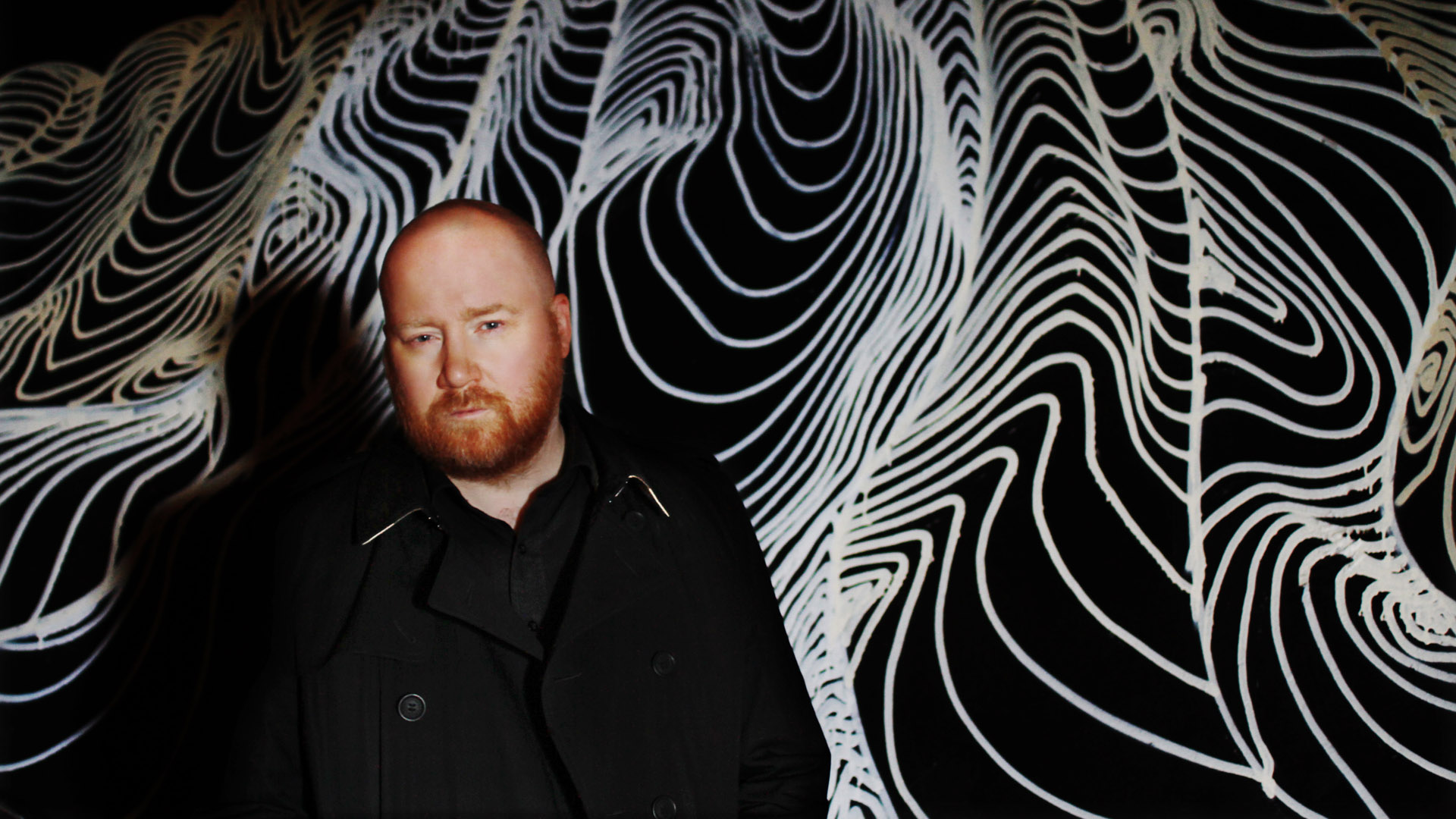A quality film score can make—or break—a movie. Whether crafting the perfect soundtrack to a high-speed chase or finding the subtle accompaniment to a quiet and tender moment, composers are tasked with setting the film’s tone from minute to minute. Jóhann Jóhannsson is something of an expert in this regard. The multi-talented Icelandic musician/composer has been racking up international recognition and awards—including a 2015 Golden Globe win and an Academy Award nomination—for his score of the critically acclaimed Stephen Hawking biopic, The Theory of Everything.
Self-taught in composition and classically trained in piano, Jóhannsson has had his hands in the world of music since he was ten years old. Coming out of Iceland’s alternative music scene as a noted minimalist composer, he began working on movie scores fifteen years ago and has since composed music for over twenty films. “I usually spend two weeks just trying to get my thoughts into a state where I’m receptive to ideas, and try to get to know the film and find its voice,” he says, of his process. “I try to find the essence of the film and translate that into music.”
Here, the man behind one of the best film scores of 2014 reveals his essential musical movie moments, from Bernard Herrmann to Blue Velvet.
Listen to our Spotify playlist to accompany this story now.
FAVORITE FILM SCORE
Vertigo, scored by Bernard Herrmann is, for me, a gold standard of film scoring. It hasn’t really been surpassed. The music is used in a very subtle way, but it’s very memorable, emotionally charged, and operatic. It shows a really strong collaboration between a director and the composer.
FAVORITE RECENT FILM SCORE
I really enjoyed Mica Levi’s score for Under the Skin—very adventurous and powerful. It’s such a strong piece of filmmaking, and a great use of music.
FAVORITE FILM COMPOSERS
Probably Bernard Herrmann. He’s one I’ve been tremendously influenced by throughout the years. The way he uses harmony and rhythm, his directness; he has a way of presenting scenes in a very direct and simple way, which is highly effective. Vertigo is probably my favorite, but from the other Hitchcock films there’s Marnie, and North by Northwest, of course; his later scores for Brian De Palma, like Obsession and Sisters; and Taxi Driver, as well.
I’m also a huge admirer of Ennio Morricone. He wrote so many scores—and he’s still writing music of course—but he was extremely prolific in the ’60s and ’70s. Almost all of [them] have something tremendously interesting. He has such a gift for melody and an original way of working with harmony.
FAVORITE MUSICAL MOMENTS IN FILM
I love the way Stanley Kubrick uses music in films, like in Spartacus and 2001: A Space Odyssey. He used very iconic pieces of classical music that work beautifully, like the scene [in 2001] where they’re discovering the monolith on the moon. I saw that film when I was very young with my father and many times since. It still has a tremendous effect on me.
The way David Lynch uses music is also something I’ve always admired. There’s one song in Eraserhead, “In Heaven (Lady in the Radiator Song),” that’s really a simple song, but it’s something that stuck with me. Another Lynch film that uses music beautifully is Blue Velvet—the score is wonderful, and the songs Angelo Badalamenti wrote, “Mysteries of Love” and “Blue Velvet,” along with Roy Orbison’s, are sublime.
FAVORITE FILM SCENE THAT I COMPOSED
I’m very fond of a project that I did called The Miners’ Hymns. This was in collaboration with experimental filmmaker Bill Morrison. It’s a wordless film using archive footage from the coal mining industry in the northeast of England. It’s a piece that I’m very proud of.
THE PIECE THAT CAME MOST NATURALLY
“London, 1988,” [which scores] the lecture scene towards the end of The Theory of Everything, is a climactic, very triumphant moment that also turns into this almost mythical moment full of wonder, where [Stephen Hawking] steps out of his wheelchair and picks up this pen. It’s a musical mirror of the opening scene [“Cambridge, 1963”], coming full circle.
THE MOST CHALLENGING PIECE
The hardest part of writing a score is being faced with a blank page and having to find that first idea that works. There are always days and weeks of feeling very inadequate and useless—nothing of note happening, basically—but then, suddenly, something happens and the first idea appears.
With The Theory of Everything, there was a scene that was particularly difficult to get right, the scene that starts with Stephen’s friends carrying him up the stone steps following a night out of revelry [after he finishes a lecture on black holes]. The piece is called “Domestic Pressures”—it’s a sequence of scenes that goes through a lot of different emotions, from joy and comedy, then sort of curdles and becomes quite sad, quite melancholy. I went through many versions of that before arriving at something that worked. FL







